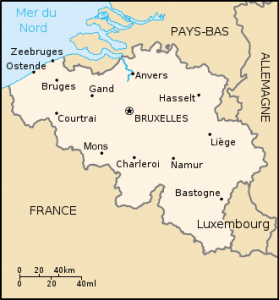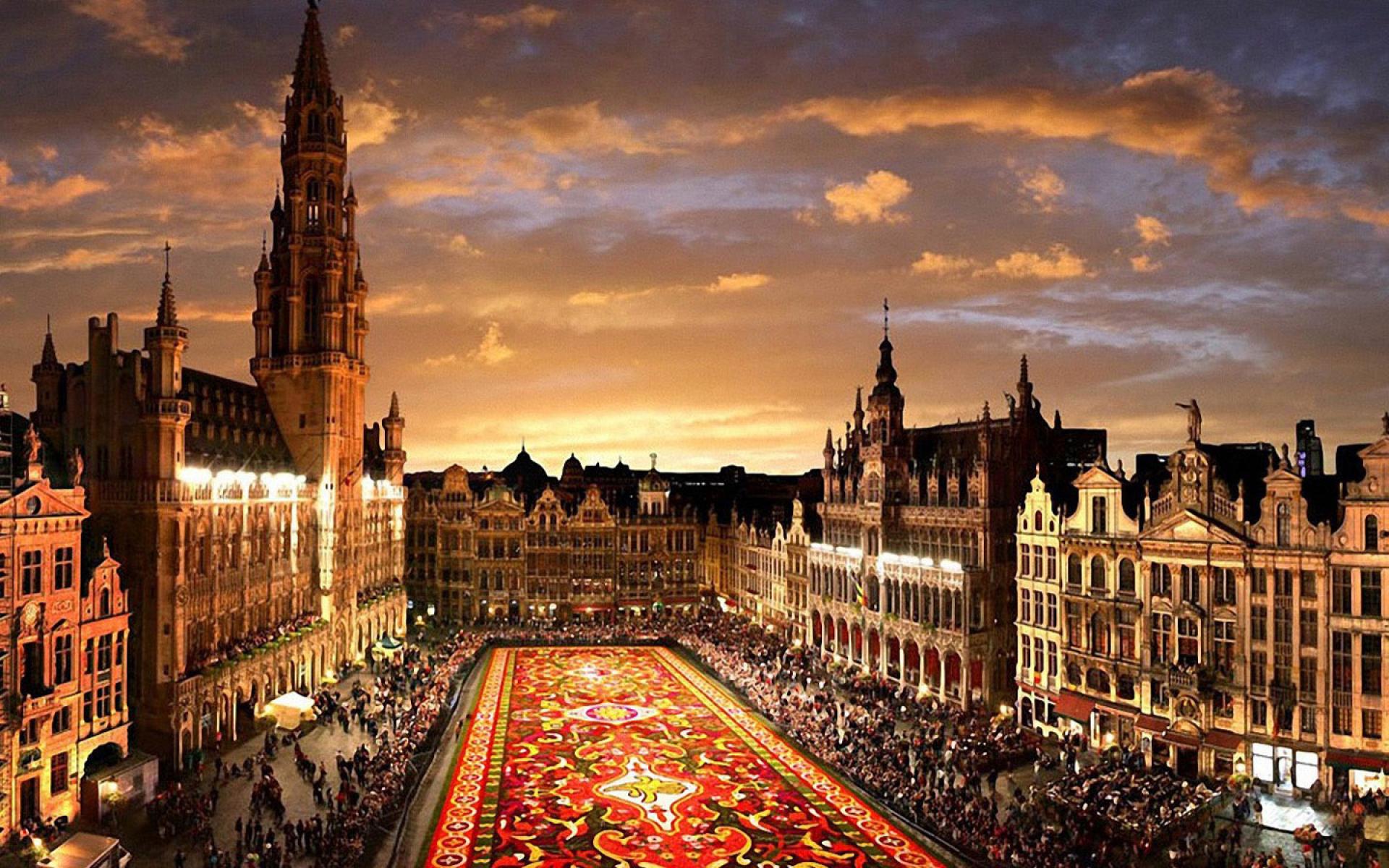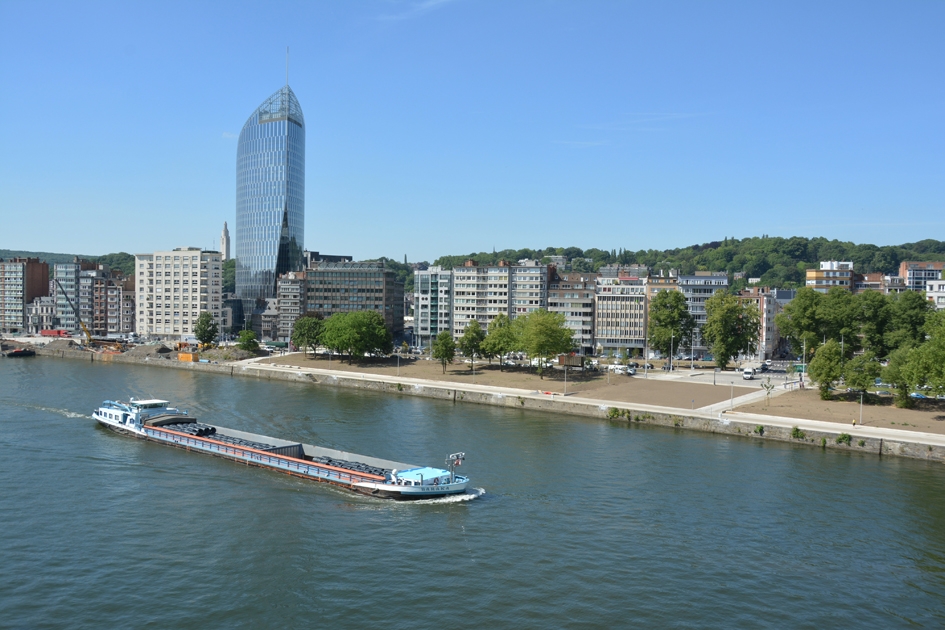Belgium March 21, 2020 Anvers , Belgium , Bruges , Brussels , Charleroi , Commission européenne , Council of the European Union , democracy , Europe , European Union , Flanders , Gand , Liège , Luxembourg , monarchy , Mons , Namur , NATO , North Sea , OECD , Ostende , Parlement européen , Royaume de Belgique , Wallonie , Western Europe Official name Kingdom of Belgium Name in local language Royaume de Belgique (fr) ; Koninkrijk België (nl) ; Königreich Belgien (de) Continent Europe Subcontinent European Union Population (ranking: 84e ) 11,431,406 inhabitants (2019) Population growth 0.49 % / year Area 30,688 km² Density 372.50 inhabitants / km² GDP (ranking: 25e )531.767 billions $USD (2018) GDP/capita (ranking ) 46,556 $USD (2018) GDP growth 1.40 % / year (2018) Life expectancy (ranking ) 81.50 years (2018) Birth rate 10.50 ‰ (2017) Fertility rate 1.64 children / woman (2017) Death rate (ranking ) 9.60 ‰ (2016) Infant mortality rate (ranking ) 3.30 ‰ (2015) Literacy rate 100.00 % (2018) Official languages Dutch, French, German Currency Euro (€ EUR) HDI (ranking: 26e )0.919 / 1 (2018) EPI (ranking )77.38 (2018) Government Federal parliamentary constitutional monarchy Head of State King Philippe National Day 21 July (Constitutional oath of Leopold I in 1831) ISO Codes BE, BEL Demonym Belgian Tourists (ranking ) 8,358,000 people (2017)
Belgium is a country in Western Europe, bordered by France to the south, the Netherlands to the north, Germany and Luxembourg to the east, and the North Sea to the west. It is one of the six founding countries of the European Union and hosts, in its capital Brussels, the main institutions (the European Parliament, the Council of the European Union and the European Commission), as well as those of other international organizations as important as NATO.
Atomium, Brussels Grand Place, Brussels Liège, Belgium Urban areas (2014) Urban areas Population Brussels (Bruxelles - Brussel) 2,967,513 inhabitants Antwerp (Antwerpen - Anvers) 1,245,828 inhabitants Liège (Luik) 794,488 inhabitants Ghent (Gent - Gand) 705,949 inhabitants Charleroi 464,703 inhabitants Namur (Namen) 259,022 inhabitants Mons (Bergen) 254,474 inhabitants Leuven (Louvain) 254,396 inhabitants Brugge (Bruges) 253,221 inhabitants Hasselt-Genk 248,651 inhabitants Kortrijk (Courtrai) 235,009 inhabitants Mechelen (Malines) 161,304 inhabitants Turnhout 155,136 inhabitants Sint-Niklaas (Saint-Nicolas) 152,756 inhabitants Ostend (Ostende - Oostende) 129,332 inhabitants Tournai (Doornik) 112,146 inhabitants Verviers 107,139 inhabitants Roeselare (Roulers) 103,301 inhabitants
Administrative divisions Regions Population Area Brussels 1,208,542 inhabitants 162 km² Flanders 6,589,069 inhabitants 13,624 km² Wallonia 3,633,795 inhabitants 16,901 km²
See also 




